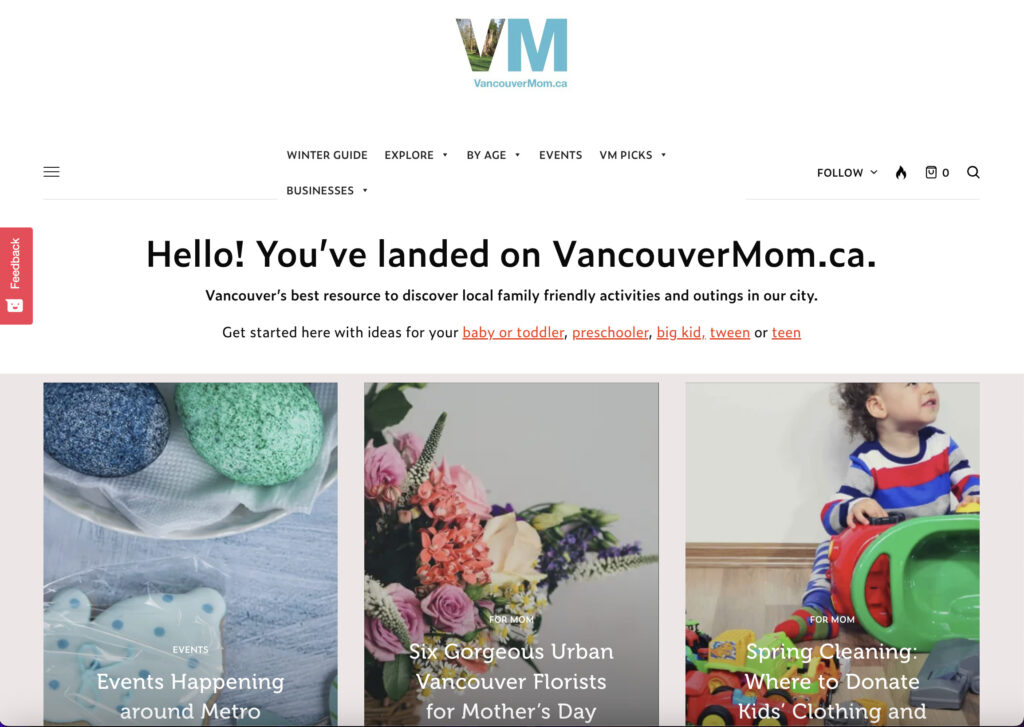How to use a content audit to get to know your audience, find great stories, improve SEO, and plan for your next content marketing campaign
You have been in business for a while, and you’ve updated your website several times over. You have TONS of back catalog content that is sitting in your archive … but you might not know exactly what is there or if your audience is engaging with it. Happily, there’s an effective solution. A content audit is a great way to get to know your audience, find great stories, improve your site’s SEO, and plan for your next phase of content marketing.
What is a Content Audit?
A content audit is an in-depth assessment of your marketing channels (usually your website). Content audits take different forms, but usually an audit includes an inventory of all web pages or content items you have, looking to see how each is serving your brand or business. To get clear results and direction from your audit, you’ll need to apply a series of evaluation criteria to each page to determine what your team should do with all the material you have.
Here are a few examples of the kind of criteria you might start with:
- All time page traffic
- Post publish date
- Alignment with current marketing strategy
- Whether the content is up-to-date
- Number of comments on the page
Note: the criteria you choose (and each one’s importance) should be tailored to your business objectives. For example, if you want to focus on users further along the funnel, then you might be more concerned with the time-spent-on-page metric over page views. As such, you’ll give page time a greater priority score.
Forge & Spark Content Audit Case Study – VancouverMom.ca
Here’s an example from a project we worked on. VancouverMom.ca is a popular lifestyle blog that has been creating content since 2009. Recently, they asked us to help them assess their site and make recommendations for how they should move forward.
Vancouver Mom had a truly enormous back catalog of content – over 3,800 (!) blog posts. They had a good idea about who their target audience was and what their most popular kinds of content were, but they were frustrated that they were ranking quite low on Google searches, even with relatively few competitors in the space.
Our team jumped into action using this process:
- Discover: We needed to find out what their business goals were, who their target (most important) audiences were, and what kinds of content those readers loved on their site.
- Strategize: Next up, we took all of the information provided in our Discovery process with the client and some sample customers, had a good look at the Google Analytics and SEMRush data available to us, and created a comprehensive auditing framework. This is the tool our auditors used to evaluate the thousands of blog posts on the site.
- Assess: With our small but mighty team, we looked at every one of the 3800+ blog posts and applied our content auditing framework to end up with a categorization that the client could then use on their site. Posts were marked as “Keep”, “Update”, or “Archive”.
- Recommend: Using all of our knowledge about the website’s content, we developed recommendations for a new site navigation to better highlight the top-performing content.
- Train: We also provided a set of training videos that we shared with the client demonstrating best practices for SEO and content generation based on our in-house expertise and a deep understanding of their website.
Why Should I Do a Content Audit?
Get to Know Your Audience
An audit provides insights into who your audience is, what they care about, and what drives them to act. As business owners, we like to think we know who we are talking to. But a close look at our website’s content can reveal information that we missed. A content audit pushes you to combine your editorial strategy with analytics data. This is a powerful mix that can uncover new audiences, or show you ways to communicate with current audiences that you hadn’t considered.
Find Great Stories
Lurking in your website’s back catalog and Google Analytics data are great stories about your company. There is that super successful blog post that resonated with people who decided to sign up for your service, and showed off your company’s values at the same time. There is a whole category of posts that consistently outperform expectations and move people to action. On the other hand, a content audit can reveal what isn’t working on the site. It can show you what messages you need your audience to hear that just aren’t coming across.
Improve SEO and Google Search Rank
Odds are that if you have been in business for a while, the best practices around SEO and searchability have changed since you wrote your first blog post on your company’s website. A content audit helps you assess your site’s SEO health, and how you plan to improve it. Top-ranked sites on Google have excellent SEO scores. You can bet those companies have put in the time to make sure they show up first. Shouldn’t you do the same?
Create Your Next Marketing Campaign
Using a content audit to understand your website’s past sets your future marketing up for great success. At the end of the content audit, you are now equipped with specific knowledge about your customer, client, or fan. The best marketing campaigns bring together a specific, targeted audience and content that delivers exactly what they are looking for.
What are you waiting for? There’s no better time than now. Dive into those archives to find out what your company is made of—and how you can make it better.
Interested in improving the business value of the content you have on your website today? We can help–and we’d love to hear from you.














